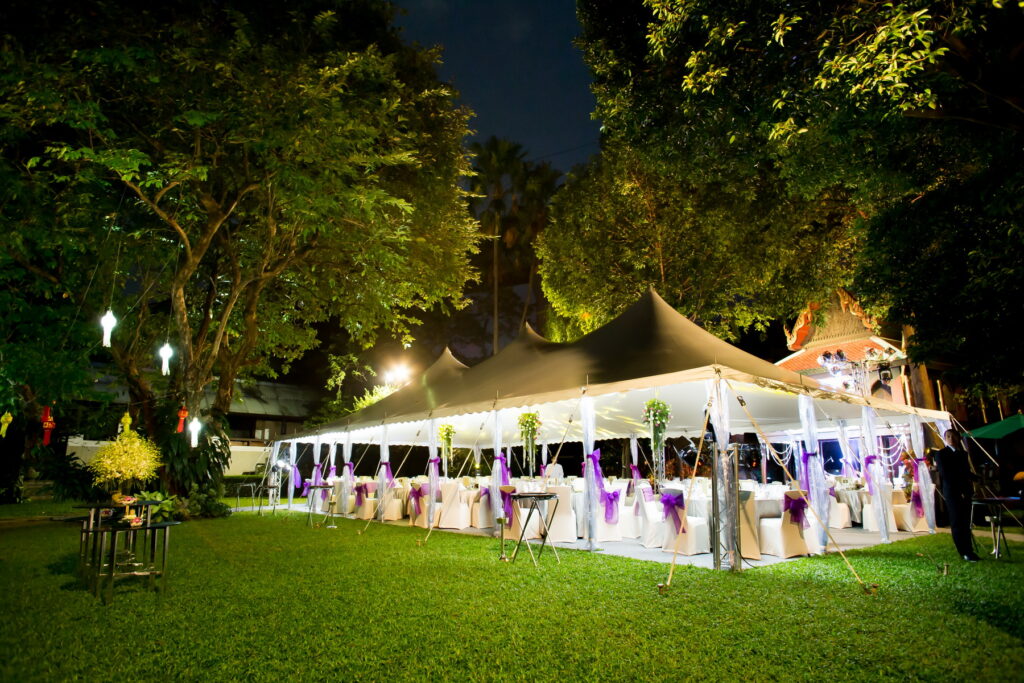The trend towards non-traditional event spaces is reshaping the event planning industry as organisers seek venues that offer unique and memorable experiences. Moving beyond conventional conference rooms and ballrooms, various distinctive settings are now in demand.
Examples of Non-Traditional Event Venues:
- Art Galleries: These spaces provide a creative and inspiring environment, ideal for events that foster innovation and artistic expression.
- Rooftop Gardens: Offering panoramic views and a refreshing outdoor ambience, rooftop gardens are perfect for receptions, workshops, and intimate gatherings.
- Industrial Warehouses: With their expansive layouts and rustic charm, warehouses can be transformed into versatile event spaces suitable for large-scale functions, exhibitions, or performances.
- Glasshouse Restaurants: Originally designed for weddings or dinners, these venues are now being repurposed for meetings and other events, providing a relaxed atmosphere conducive to networking.
- Historic Homes such as Summer Palaces or Converted Residences: These venues offer a cosy and personalised setting, ideal for retreats, workshops, or small conferences.
- Boats or Yachts: For an intimate gathering, consider hosting an event on a boat, such as a rice barge. These boats can accommodate up to 30 people and offer a unique meeting experience.
Hotels are also adapting to this trend by creating unique spaces that break away from traditional meeting room designs. For instance, the Grand Hyatt Erawan Bangkok has introduced ‘The Campus,’ a venue with a university vibe, and ‘The Residence,’ which offers a villa-style setting. These spaces cater to corporations that prefer workshops or breakout sessions in a more relaxed environment.
Exploring unconventional venues can elevate the attendee experience, fostering creativity and engagement. When selecting a non-traditional venue, consider the event’s objectives, audience size, and the unique amenities each space offers to ensure they align with your event goals.
As a Business Event Planner, exploring your location or destination’s unique venues is essential. By taking the time to identify and evaluate non-traditional spaces—whether a historical landmark, a chic rooftop, or a hidden industrial gem—you can provide more creative and diverse options for your clients. Offering these distinctive venues sets you apart from the competition and elevates the experience for your clients, allowing them to host memorable and innovative events.
If you want to stay ahead of the curve and learn more about the latest industry trends, I invite you to subscribe to Business Events 101. Our platform covers the most up-to-date insights and trends in business events. Additionally, we’re excited to announce the launch of our online course, Business Events 101. You can join the waitlist now to be the first to know when the course goes live!
Credit Photo: www.mcplanner.co




